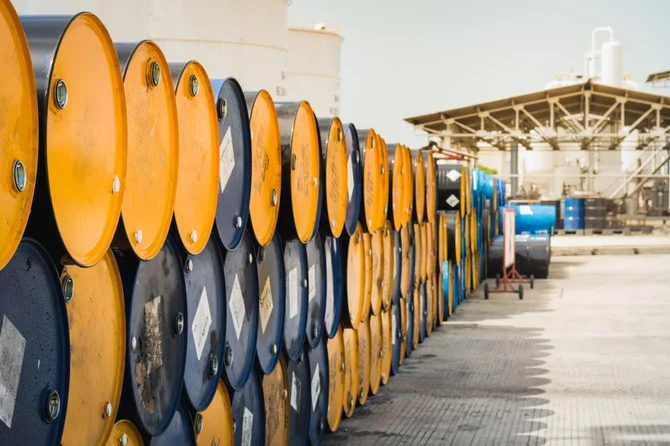ISLAMABAD: Pakistan achieved a major milestone in its energy and trade history on Tuesday as Cnergyico Pk Limited received the country’s first-ever shipment of US crude oil, marking a significant step in diversifying the nation’s energy supply and deepening economic ties with the United States.
The Suezmax-class oil vessel MT Pegasus, carrying 1 million barrels of West Texas Intermediate (WTI) crude, successfully docked at Cnergyico’s Single Point Mooring (SPM) terminal off the coast of Balochistan. Loaded in Houston, Texas, on September 14, the vessel has now become the largest crude carrier ever to berth in Pakistan, surpassing Cnergyico’s previous record set in FY2017 when it handled a similar-sized ship at the same offshore facility.
According to industry sources, this import marks the first time Pakistan has sourced crude oil directly from the United States, reflecting Islamabad’s growing commitment to energy diversification and strengthened bilateral trade cooperation.
“This is a landmark achievement not just for Cnergyico but for Pakistan’s refining sector as a whole,” said a senior industry source. The import is also part of Cnergyico’s broader long-term strategy aimed at enhancing supply chain resilience and strengthening global energy partnerships. The company confirmed that a second cargo of US crude oil, also comprising 1 million barrels, is expected to arrive by mid-November 2025, followed by a third shipment in early 2026.
Cnergyico, Pakistan’s largest oil refiner with an installed capacity of 156,000 barrels per day, operates the country’s only offshore SPM terminal capable of handling very large crude carriers. The arrival of MT Pegasus reaffirms the refiner’s logistical capability and operational excellence in managing high-volume oil imports efficiently and safely.
Industry sources believed the development highlights a renewed phase in Pakistan–US trade relations, particularly within the energy and infrastructure sectors. It comes as Pakistan works to balance its crude sourcing portfolio, traditionally dominated by Middle Eastern suppliers, with emerging options from North America and other regions.
The WTI crude, known for its light and low-sulphur properties, will be refined locally to optimize output quality and enhance production efficiency. Analysts say this could lead to improved fuel quality, better refining yields, and potential cost savings, benefiting both consumers and the downstream oil industry.
The milestone also follows a recent Pakistan–US trade understanding aimed at expanding collaboration in the energy, technology, and infrastructure sectors. Sources said this deal allows Pakistani refiners to access competitively priced crude grades from the US, thereby improving refinery economics and reducing exposure to price fluctuations in traditional markets.




